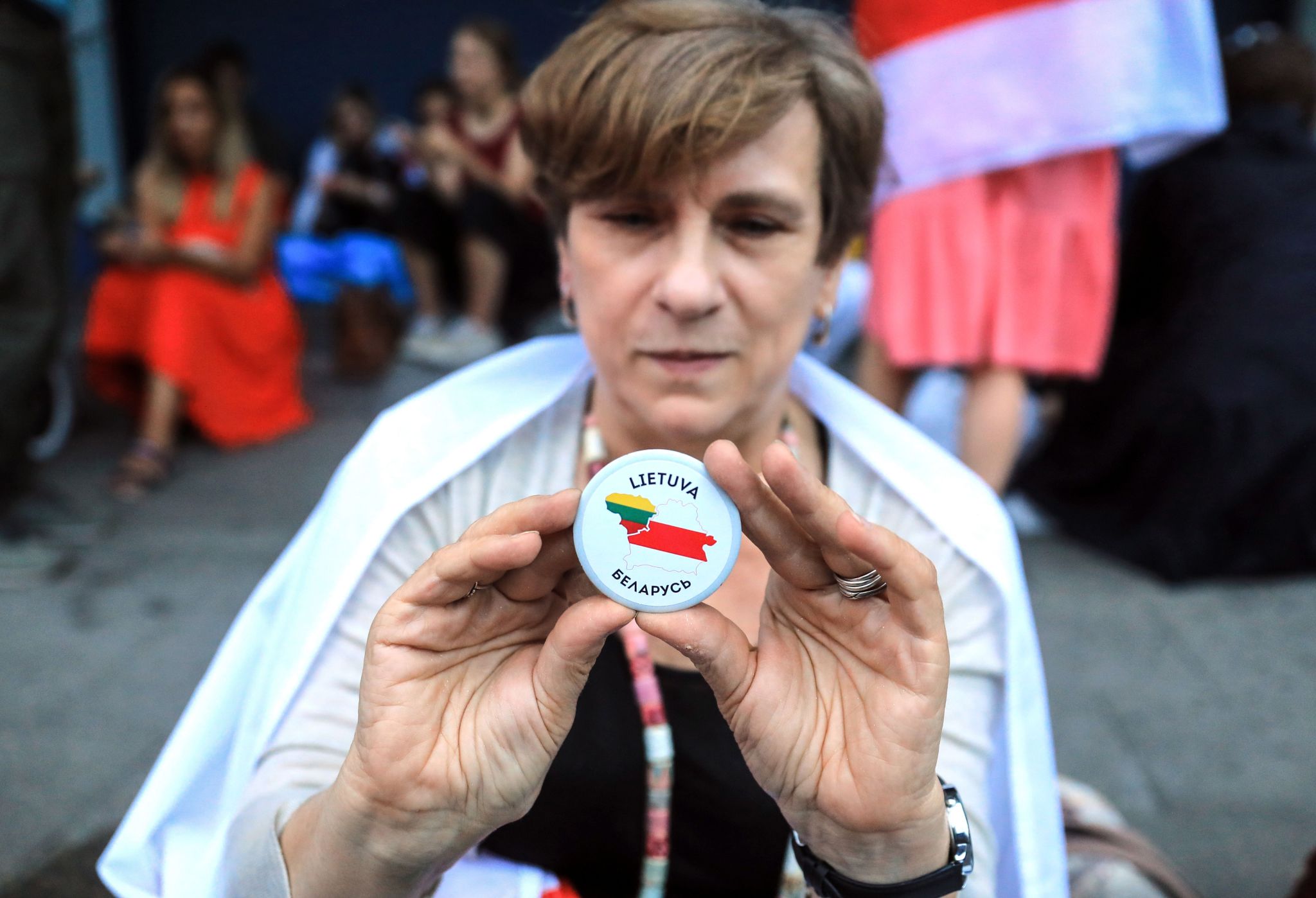Defending Democratic Institutions in Central, Eastern, and Southeastern Europe

To improve the ability of European political parties to understand and adapt to their electorates’ shifting priorities, IRI’s Defending Democratic Institutions in Central, Eastern, and Southeastern Europe program facilitates sociological research and focus groups to help parties diversify their candidate pool and engage disaffected constituencies. By strengthening democratic processes within political parties and creating opportunities for cross-border skills-building and sharing of best practices, effects of party erosion can be mitigated and, in turn, lead to more resilient and responsive governments.
Through the Defending Democratic Institutions program, IRI utilizes a top-down approach centered on bringing party leadership into closer proximity with the needs of their key voter blocs. In particular, IRI works with parties that have underperformed in recent electoral cycles, recognizing that internal process reforms are generated in response to negative electoral results.
Continuing IRI’s support of political party leadership development in Central and Eastern Europe since 2008, the program supports emerging youth politicians and those in high levels of government through a series of training platforms. The Leadership and Excellence in Advanced Politics (LEAP) initiative is built upon two activities: the European Leadership Institute and LEAD21, which target young, entry level politicians, and first-time elected members of parliament, respectively, to engage in trainings and professional development. Through these activities, aspiring party leaders are equipped with the skills necessary to rise within their parties and drive internal changes. LEAP also informs the Internal Democratization Focus Groups, a series of consultations and focus groups with leadership of political parties across Europe in order to support the implementation of internal party reforms. From the activities, IRI will also develop an index of measuring the internal democracy of European political parties and partner with academics and expert practitioners from think tanks to aid the Institute’s research methodologies.
Professionals, and consultations with political parties. The program has also resulted in a number of publications from the Institute, including a study on fringe party voting in Europe, in collaboration with the Alliance of Liberal Democrats for Europe (ALDE) and the European Liberal Forum (ELF), a publication on candidate selection and election across the Transatlantic space, and a podcast produced by IRI focused on Transatlantic politics, .thinkAtlantic.
Top